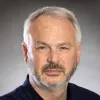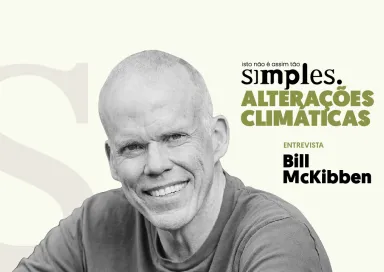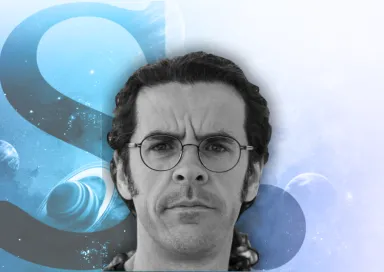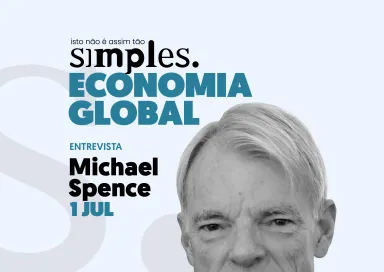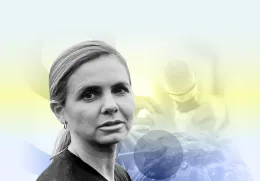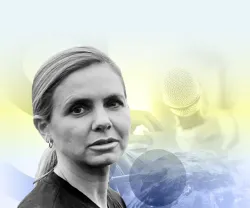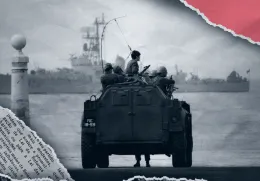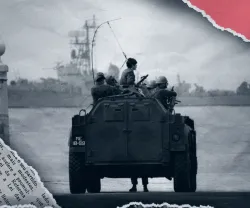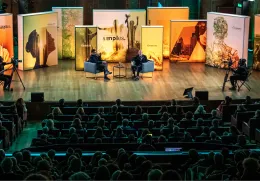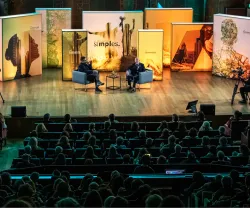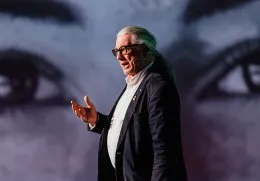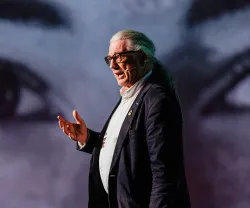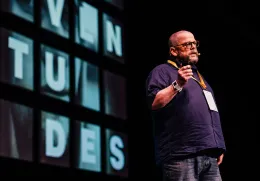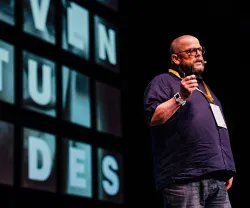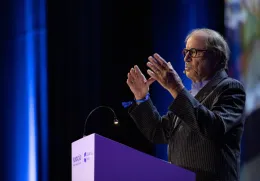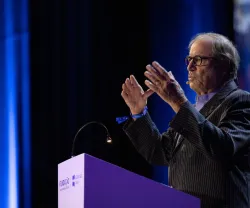British journalist and bestselling author Tim Marshall, known for the book «Prisoners of Geography», takes us on a journey through the real world: the one shaped by mountains, rivers, seas and natural borders that define how nations behave. «Geography doesn’t explain everything, but it explains almost everything», he says, and he says it with the clarity of someone who’s reported from twelve war zones, been jailed in Damascus, shot in Cairo and bombed in Belgrade.
For Marshall, geography isn’t a detail, it’s the invisible structure that defines who can thrive, who gets blocked, and who ends up in conflict. «If you’ve got wide navigable rivers, deep ports and sea access, you can build ships, trade goods and project power. If you’re surrounded by mountains, shallow coasts or deserts, you’re limited from the start».
That structural inequality helps explain the success of the United States, «the most blessed country by geography», and Russia’s defensive mindset: «trapped on an exposed plain where the only defense is controlling buffer zones».
Portugal also comes under the lens: «You don’t have direct access to the Mediterranean or the major rivers of Central Europe. You face the sea, and, for a long time, the sea was your power».
Throughout the conversation, Marshall discusses climate, migration, populism and emerging tensions. And he’s blunt: climate change is already reshaping global politics. «When a Latin American farmer can no longer grow coffee, he moves north. That kind of mass migration helped elect Trump».
The geopolitics of the future, he says, won’t just play out between states, but between zones of despair and zones of opportunity. That means we have to look at the planet as a whole.
«The What & The Why», Tim Marshall's podcast
Intelligence Squared: «How does geography explain the world?», with Tim Marshall
63

Big issues, big names in a new programme dedicated to interviews with international personalities from the world of politics, economics and society. These conversations with special guests, conducted by journalist Pedro Pinto, aim to simplify and help demystify some of today's most important issues. Every month, on the Foundation's website.
